Trucking accounting software has unique features, such as the ability to dispatch drivers and track load status. Meanwhile, general purpose bookkeeping software lets you perform common accounting tasks, such as invoicing, billing, and expense tracking, but it often lacks specialized trucking features. Q7 makes managing bookkeeping tasks straightforward, allowing users to handle bill payments, send invoices, and reconcile bank accounts all in one place. One of its standout features is its fleet maintenance program, which helps track fixed assets and trucking bookkeeping schedule routine maintenance based on either time or mileage. Keeping up with your IFTA data is one of the most important parts of running a trucking business and one of our top trucking bookkeeping tips. At the end of each quarter, you must submit an IFTA report that lists the miles driven and the gallons purchased.
Learn about tax deductibles
- They also don’t come with any of the fancy bells and whistles that bookkeeping apps and software do.
- Our budgeting and forecasting tools can assist in setting realistic financial goals and making informed decisions about investments and expansion.
- The free package is one of the most appealing for truckers and owner-operators.
- But remember, a chart of accounts is usually produced at the end of the financial year and submitted to keep the company afloat.
- Remote Books Online can simplify IFTA reporting, helping you stay in compliance and avoid penalties.
Truckers’ bookkeeping allows you to record all operations of your business effectively. You’ll also have an easier time tracking and documenting your spending, as most accounting software can integrate with your bank account. The data your software collects from your bills, invoices, and receipts can all be used to help find and prove eligibility for your deductibles. If you’re experienced in bookkeeping and are managing a small or medium-sized trucking company, consider Q7. This cloud-based truck management software allows you to track fuel mileage, expenses, trips, and orders. While it’s not as well-rounded as the other options on this list, its most popular feature can help improve your bottom line.
Cash Flow Management
What I really like is how the app lets you create professional invoices on the go and send them directly to clients or brokers right from your phone. For basic tracking of income and expenses, Zoho Books’ free plan is a great option that can help you save money while staying organized. Axon nailed my assessment of the trucking-specific features category and performed well in general accounting features. However, I found its pricing to be a drawback since the costs aren’t publicly available on the provider’s website. Apart from its robust human resources (HR) functions and reporting functionality, it can manage the pay processes of both driver and nondriver staff—all at an affordable price.
Key Trucking Company Bookkeeping Tips and Best Practices
Lastly, meticulous tracking of fuel expenditures and maintenance costs contributes to more profitable operations. One thing I’ve learned over years running the trucking business—it’s crucially important to keep your personal and business expenses separate. Mixing these two not only makes your bookkeeping a nightmare but might also bring you under unwanted scrutiny from the tax authorities. The best trucking accounting software should be able to manage and track dispatches, orders, fuel and mileage, driver settlements, and IFTA reporting. Because separating your business finances also helps with building business credit, you could choose to apply for a credit card and establish utility accounts under your company’s name. As a self-employed truck driver, it’s important to keep your personal and business expenses separate.
Top 9 Bookkeeping Software for Truckers
- By using trucking bookkeeping services, you can keep everything organized and accessible so you can find what you need when you need it.
- Whether you have questions about tax planning, financial strategy, or any other financial aspect of your trucking business, we’re here to provide guidance.
- Being organized and thorough in tracking and retaining receipts is crucial for maintaining accurate business and financial records—whether you hire trucking bookkeeping services or not.
- Following these tips will surely lead you towards better finance management in the trucking industry.
- This is proper trucking accounting so make sure you know what you’re getting into.
- I’d say, that if you are involved in the trucking business, mastering trucking bookkeeping could open new doors of prosperity and growth for you.
Accurate bookkeeping helps you avoid penalties and ensures you’re prepared for an audit if necessary. The Giersch Group offers a 100% virtual bookkeeping service nationwide for truck drivers and independent trucking companies. They are a certified QuickBooks ProAdvisor able to train your staff on the software and integrate cloud-based bookkeeping with their consulting services. Based in Milwaukee and Madison, Giersch also offers in-person consultations for Wisconsin-based trucking companies. Bookkeeping is an important part of running your business as an owner-operator truck driver.
One in 25 owner-operators faces an IRS tax audit annually, with state audits also possible. Pay the balance in full every month to avoid racking up additional business debt.
Bookkeeping is the foundation upon which financial success in the trucking industry is built. Remote Books Online offers the expertise, tools, and support needed to maintain accurate records, manage expenses, ensure tax compliance, and make informed financial decisions. It’s the process of recording and organizing your company’s financial transactions and activities. This includes everything from tracking expenses related to fuel, maintenance, and personnel to managing income from freight shipments and other revenue streams. With accurate bookkeeping, you gain invaluable insights into your company’s financial health, enabling you to make informed decisions that can significantly impact profitability. Because owner-operators/ truckers are processing daily expenses and incomes or transactions on a daily, weekly, or bi-weekly basis, the process becomes easier.
Keeping your fleet well-maintained is also essential, and this includes getting regular oil changes and other standard maintenance on time. The best way to save on gas prices is to download an app like GasBuddy, which will help you identify the best-priced gas in your vicinity. If you’re just starting your business, you’ll have to factor in the costs of the trucks themselves and the insurance to cover them. You’ll also likely need a general business license, sales tax license, and possibly a license to conduct business across state lines. The first step is to research options and find one with a low interest rate that doesn’t have an annual fee. Credit cards with fuel rewards are ideal, given the amount truckers spend on gas.




